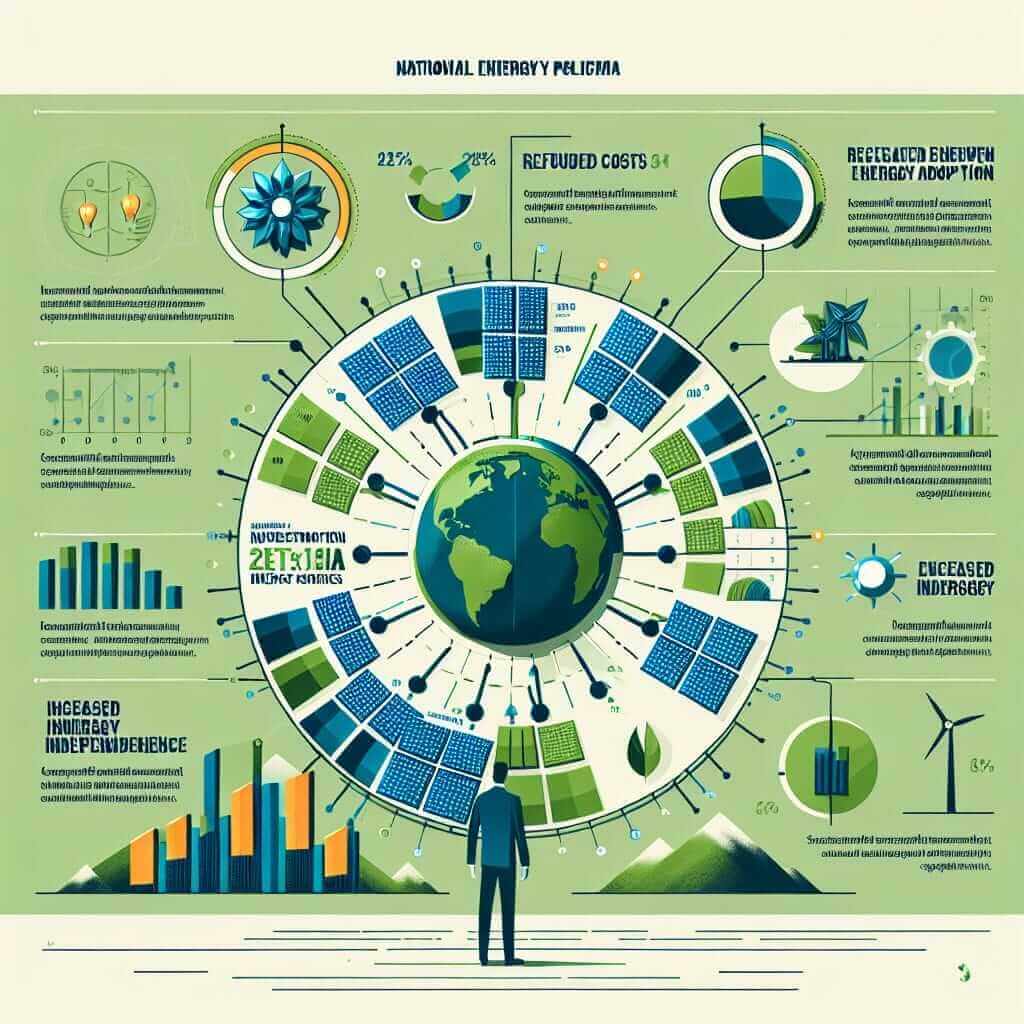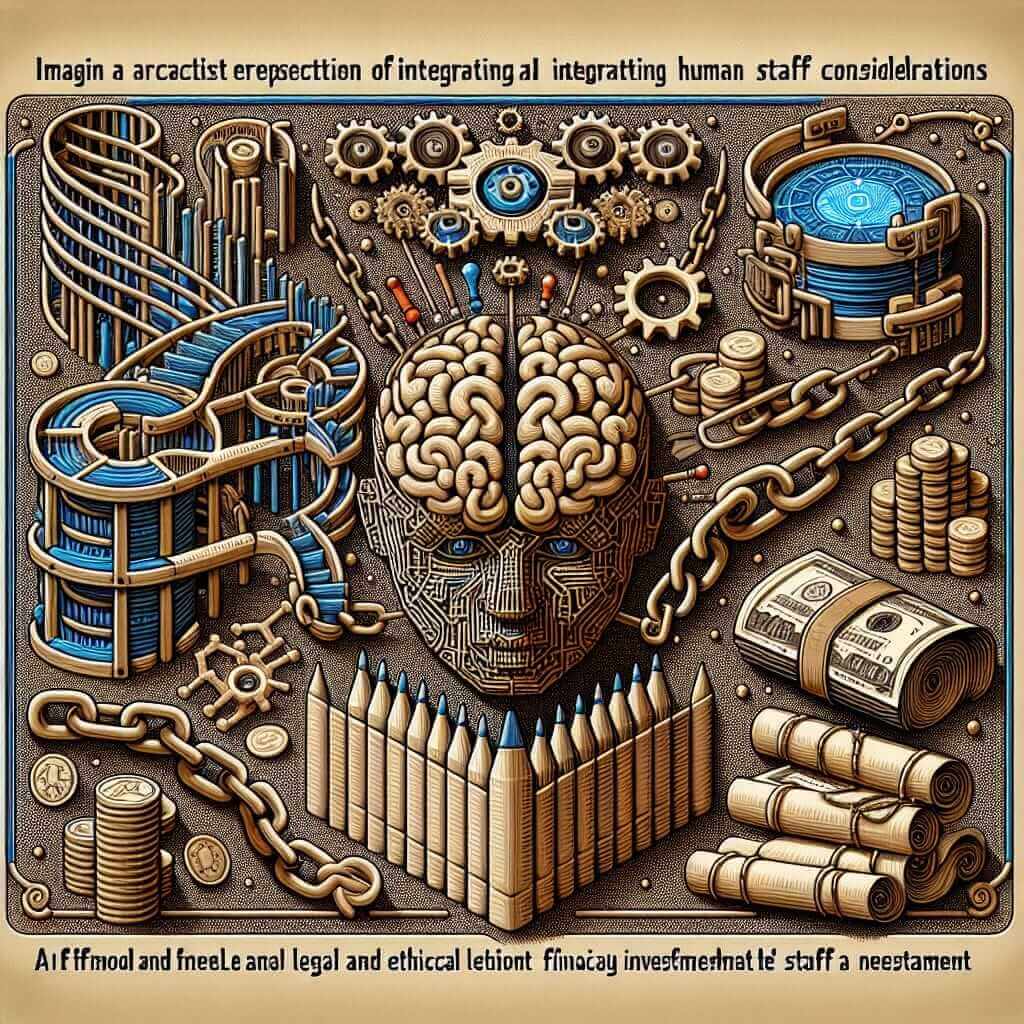The IELTS Reading section aims to test your skills through a variety of question types and challenging texts. An increasingly popular topic within the Reading section is related to modern technological and environmental issues, such as “How is renewable energy adoption influencing national energy policies?” This topic has garnered significant attention due to the ongoing global shift towards sustainable practices.
Considering the current global focus on renewable energy, it is quite likely that a similar topic will appear in future IELTS exams. In this article, we will create a comprehensive reading practice exercise based on this theme, along with related questions, answer keys, and useful vocabulary.
Reading Passage: Renewable Energy and National Policy Changes
Passage (Medium Text)
The adoption of renewable energy is radically transforming national energy policies around the world. Governments are increasingly investing in solar, wind, and hydroelectric power to reduce reliance on fossil fuels, improve energy security, and combat climate change.
One of the primary reasons for this shift is the need to meet international climate agreements. For instance, the Paris Agreement compels countries to reduce greenhouse gas emissions. Adopting renewable energy sources is a vital strategy in this endeavor. Nations such as Germany and Denmark have made substantial progress, with renewables contributing over 50% to their energy mix.
Economic factors also play a crucial role. Renewable energy technologies have become more affordable, making it economically viable for countries to make the transition. The cost of solar photovoltaic panels, for instance, has decreased by over 70% in the last decade. This reduction in cost has spurred massive investments and created new jobs, contributing positively to the economy.
Furthermore, the geopolitical implications are significant. Many countries aim to reduce their dependence on energy imports by developing indigenous renewable resources. This energy independence can enhance national security and provide greater stability in energy prices.
However, the integration of renewable energy into national grids poses several challenges. Infrastructure must be upgraded to handle the variable nature of renewable sources, and policies need to support this transition by incentivizing investments and research in grid technologies.
In conclusion, the adoption of renewable energy is exerting a profound influence on national energy policies. While there are challenges to overcome, the benefits in terms of environmental sustainability, economic growth, and energy security are undeniable.
Questions
Multiple Choice
-
What is one of the main reasons for countries adopting renewable energy?
- A. To reduce reliance on oil imports
- B. To meet international climate agreements
- C. To support the local fossil fuel industry
- D. To increase domestic coal production
-
How has the cost of solar photovoltaic panels changed in the last decade?
- A. Increased by 70%
- B. Decreased by over 70%
- C. Remained the same
- D. Slightly increased
-
Which countries are mentioned as making substantial progress in renewable energy adoption?
- A. Germany and France
- B. Germany and Denmark
- C. Denmark and the UK
- D. The US and China
True/False/Not Given
- The integration of renewable energy into national grids is straightforward and requires no significant changes.
- Developing indigenous renewable resources can enhance national security.
- The article states that renewable energy has no economic benefits.
Summary Completion
Complete the summary using the list of words below.
The adoption of renewable energy is driven by the need to meet (7) __ agreements, the decreasing cost of renewable technologies, and the desire for energy (8) __. However, integrating renewables into the national grid requires upgrading infrastructure and supportive (9) __.
Words: economic, policies, climate, security, renewable, economic
Answer Key and Explanations
-
B. To meet international climate agreements
- This is stated explicitly in the passage as one of the primary reasons.
-
B. Decreased by over 70%
- The passage mentions the significant reduction in the cost of solar panels over the last decade.
-
B. Germany and Denmark
- These are the two countries highlighted for their progress in renewable energy adoption.
-
False
- The passage mentions that integrating renewable energy poses challenges and requires infrastructure upgrades.
-
True
- Energy independence is said to enhance national security.
-
False
- The text states renewable energy has economic benefits, including job creation and positive impacts on the economy.
-
climate
-
security
-
policies
Common Mistakes in IELTS Reading
Students often struggle with multiple-choice questions due to similar answer options. It is crucial to read the passage carefully to identify the exact information. In true/false/not given questions, differentiate between “false” and “not given” by ensuring that “false” is directly contradicted by the passage while “not given” means the information is absent.
Vocabulary
- Radically (adv): /ˈrædɪkli/ – in a thorough or fundamental way.
- Geopolitical (adj): /ˌdʒiːəʊpəˈlɪtɪkəl/ – relating to politics, especially international relations, as influenced by geographical factors.
- Photovoltaic (adj): /ˌfəʊtəʊˌvɒlˈteɪɪk/ – referring to the conversion of light into electricity.
Grammar
- Relative Clauses: “Governments that are investing in renewable energy are seeing positive economic growth.”
- Usage: Join two sentences to add additional information without starting a new sentence.
- Example: “Renewable energy technologies, which have become more affordable, are economically viable.”
Conclusion
By practicing with this reading passage and related questions, you’ll enhance your comprehension skills and be better prepared for the IELTS Reading section. Remember to read carefully, understand the context, and familiarize yourself with common vocabulary and grammar structures.
Final Tips for IELTS Reading Success
Consistent practice using high-quality materials and understanding the types of questions and passages will significantly improve your performance. Stay updated with current global issues, as they can frequently appear in your reading exercises.
 National_Policies_on_Renewable_Energy
National_Policies_on_Renewable_Energy
For more detailed articles and additional practice materials, you can visit our related pages How is renewable energy transforming national energy policies? and How is renewable energy influencing global economic policies?. Happy studying!


